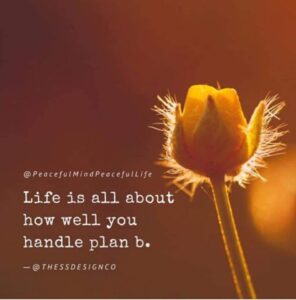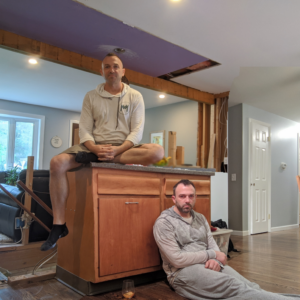WHY and HOW MEDIATION WORKS – a change in perspective
I first found out about Mediation when my parents were getting divorced. My parents first separated in 2011 when I was seven years old and my brother was three years old. My parents both agreed that they wanted to at least try mediation first because they wanted to avoid court at all costs. My parents tried one session of mediation and that was enough for them. They were told that they had to go to court because mediation between them was not working.
After hearing that my parents couldn’t do mediation, that was hard because I thought that mediation was supposed to work for couples and save them from not going to court. The main reason that my parents didn’t want to go to court was because they didn’t want me and my brother to have to go into court. Luckily we never had to go to court because we had an attorney assigned to us but it was still a tiring and hard process for me and my family.
My parents went to court, both sets of my grandparents went to court to get divorced, and my aunt went to court to get divorced. Even though there were times where the divorces in my family were hard and sad, since time has passed everyone in my family started to get along again. I know some of my friends’ parents can’t even be in the same room together. But my parents made it work and put me and my brother first and now my mom comes over to my dads house twice a week for family dinner. So for a long time I believed that going to court was the only option because I hadn’t heard of a successful mediation case. My parents’ mediation not working really made me perceive mediation the wrong way. For the time being I also thought that mediation didn’t work and that people who went to mediation just ended up going to court right after.
I soon realized in my internship at The Mediation Center that it’s not the case. Mediation does work. Before I started my internship I thought that Mediation was mostly the mediator talking and figuring things out but in reality it’s the couple. Yes, the mediator directs the couple but they are the ones that are working together and making those hard decisions that will affect the rest of their lives. Sitting in on some meetings of couples mediating has really opened my eyes and made me realize how wrong I was before. Mediation is a great tool used for couples who are willing to work with each other and hear each other out. It’s not for people who are trying to take all of their spouses’ money or take full custody of their kids. It’s two people whose marriage sadly didn’t work out but want to work with each other in figuring out the best way to end that chapter of their lives. Yes, mediation didn’t work out for my parents but I think that’s to blame on my parents and not mediation as a whole. When my parents tried meditation I don’t think that they were fully ready to be friendly to each other and it wasn’t fair to either of them.
I always knew that I wanted to go into the law in some capacity. I always thought that I wanted to be a Lawyer. I didn’t realize how mediators and lawyers have similarities. As a mediator, I can still be involved with the law but instead of pinning people against each other I can help people work together. After just a few days of sitting in on meetings and meeting some of the couples going through this process, I could see myself being a mediator or a divorce attorney. After going through a tough divorce with my parents I realized that I want to help people going through one of the hardest parts of their lives. I want to be able to help couples work together and be able to get through their divorce/legal separations together.






